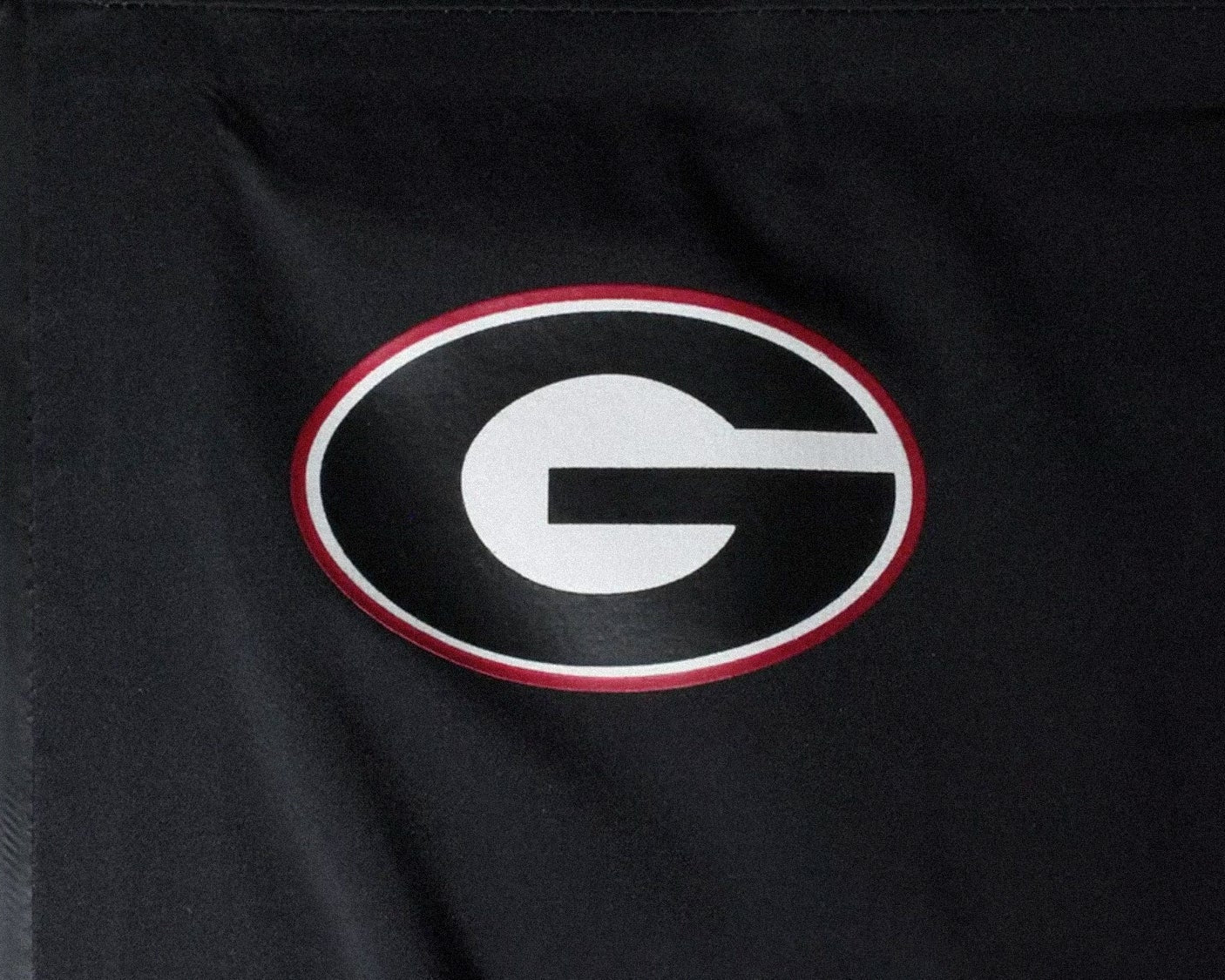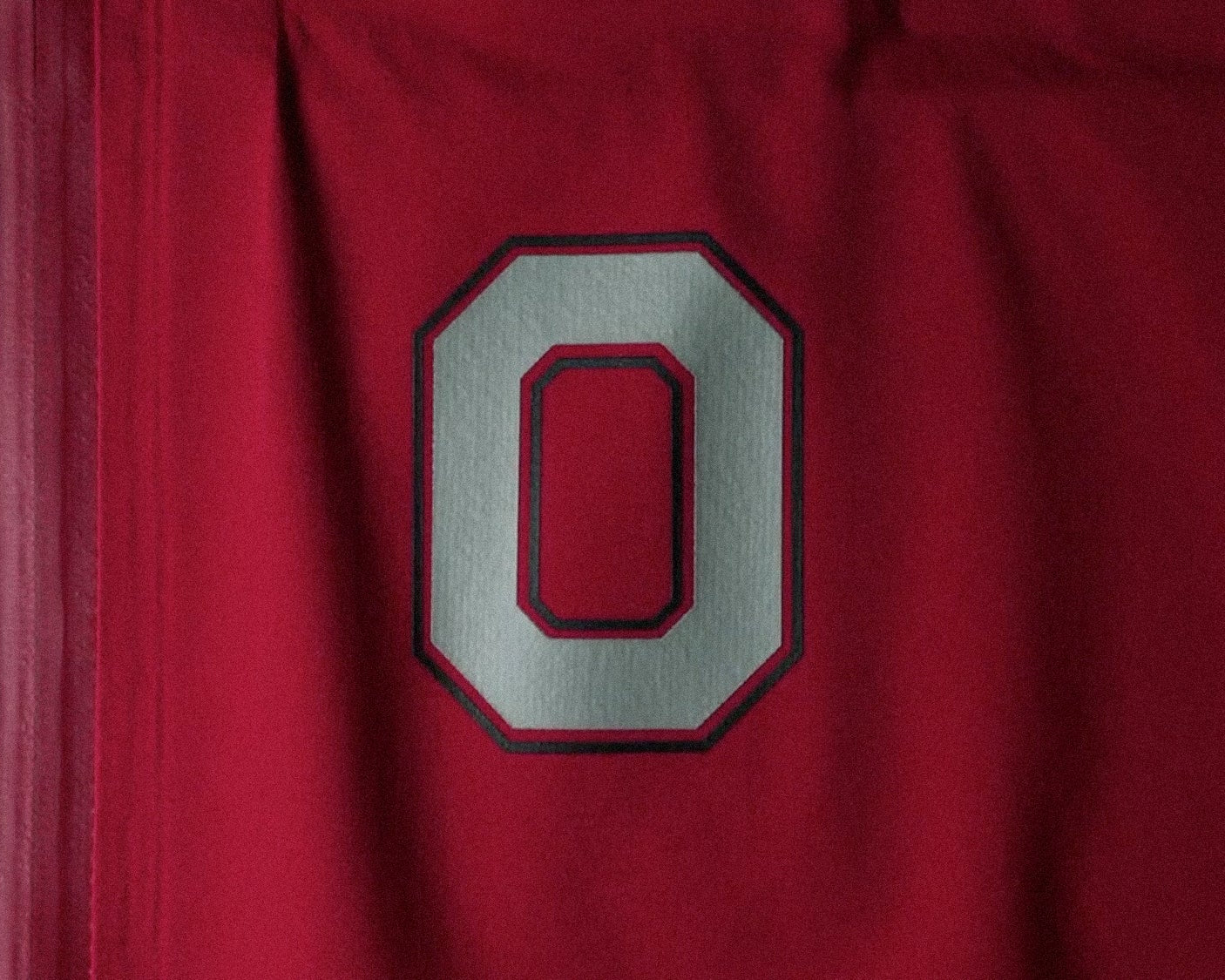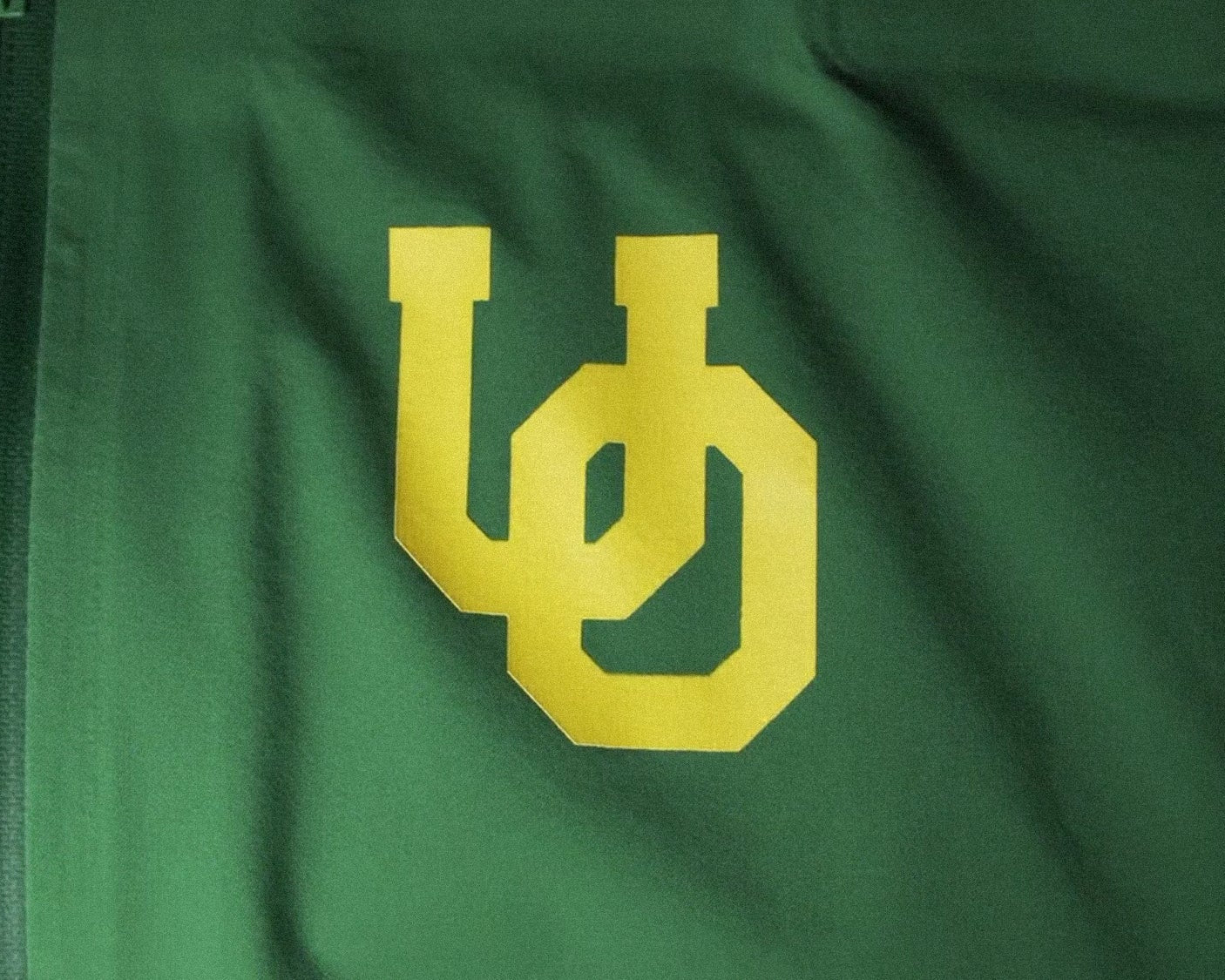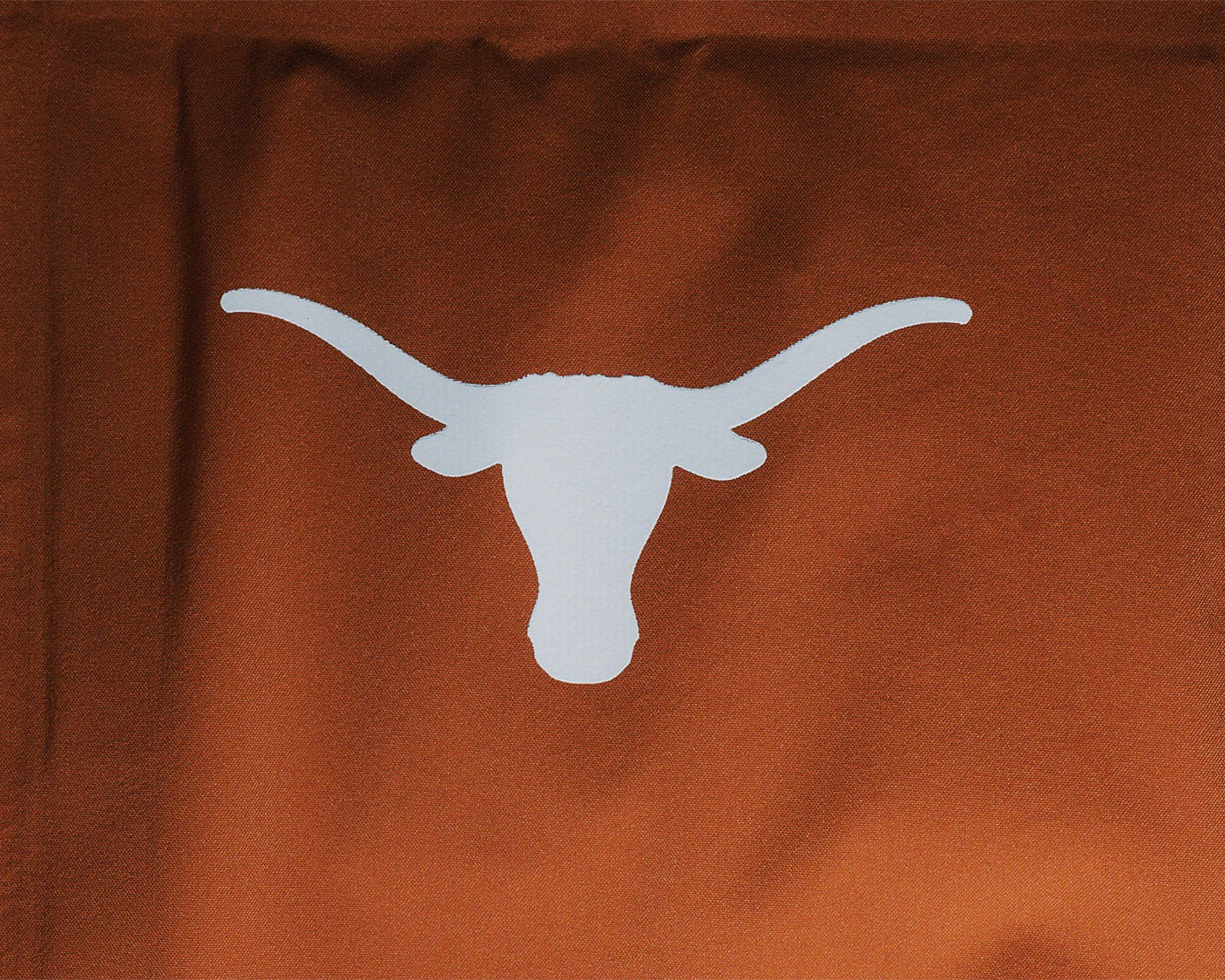Sustainability
Manufacturing of any kind is not great for the planet. But then, it’s impossible to make technical outerwear without some manufacturing. Regenerative zipper farming, for example, isn’t quite ready for prime time. Still, there are “less-bad” ways to make things, such as pursuing every viable material, process, strategy, and supplier that advances our goal of damaging the planet as little as possible.
Our approach to sustainability is simple: make products that last a really long time with materials that won’t last forever.
There is too much cheap, semi-disposable fan gear in the world. We want BCKR gear to both outperform and outlast the competition; and buying less often means less waste.
When our products do succumb to the inevitable march of time, we want to be able to say a final goodbye. That’s why we’re committed to selecting materials without those loathsome “forever-chemicals,” aka PFAS (per- and polyfluoroalkyl substances, for the acronym-averse).
Years ago, PFAs were a miracle of science, keeping water out of jackets and scrambled eggs from sticking to pans. Until we realized the life of the party was going to hang around long after the lights turned on. Just consider, if Leif Erikson and his Viking pals invaded England in PFAS-loaded tunics in the year 1000, their coats would just be breaking down now. That’s too long. For generations, technical outerwear has feasted on PFAS materials, led by a very well-known waterproof fabric brand. We choose suppliers and materials that still deliver comfort in nasty weather, but without those nasty PFAS. A less repellent water repellent, you could say.
In addition to the above pillars, we have a number of long-term sustainability goals, including:
- Using certified sustainable materials
- Using recycled materials
Pursuing recyclable, monofilament fiber materials - Offering an easy way to sustainably retire your gear
- Reducing scrap in the manufacturing process
- Making sustainable packaging choices
- Pursuing the most planet-friendly logistics options
- Finding ways to reduce our products’ microplastic leakage into our waterways



